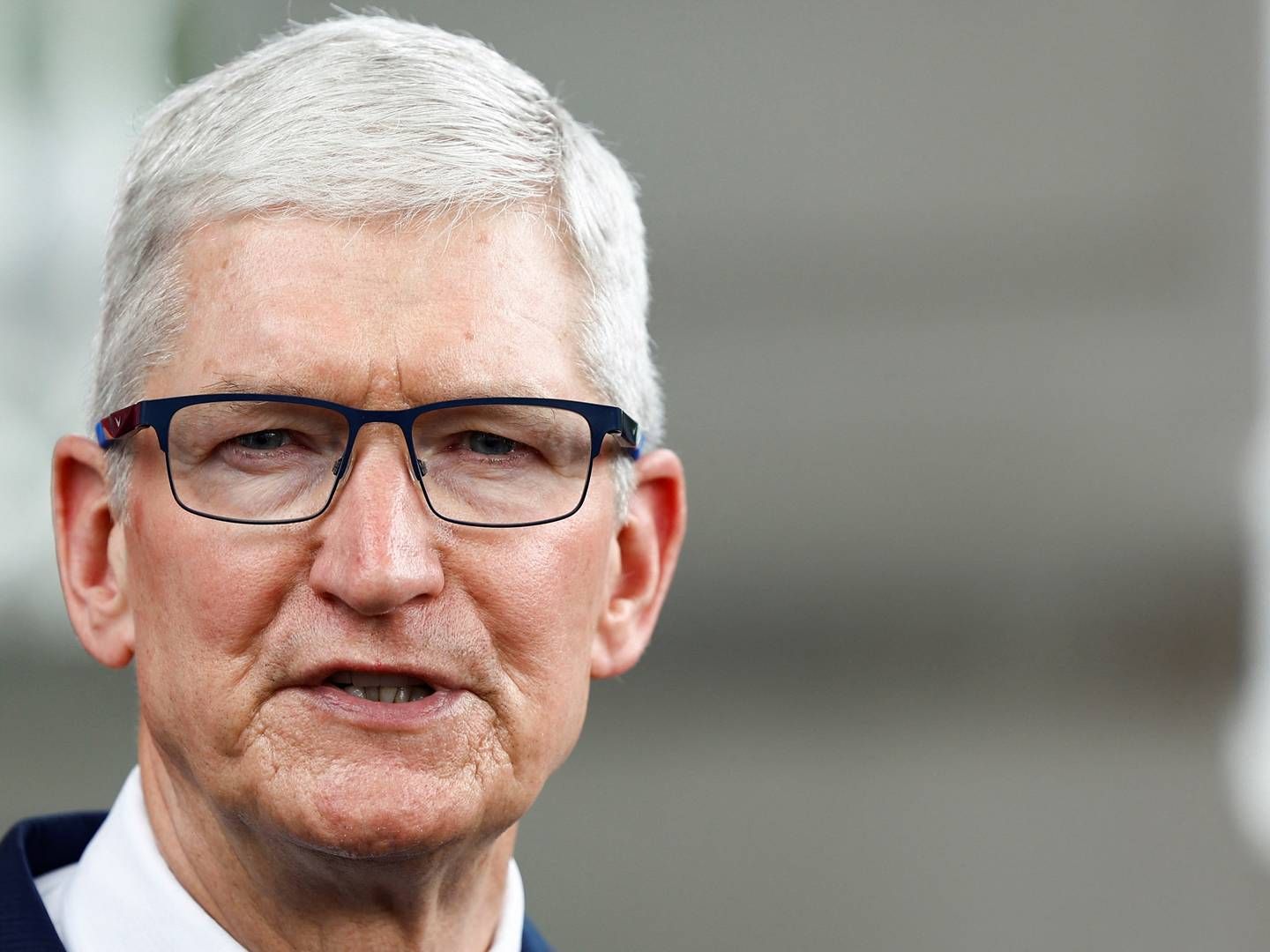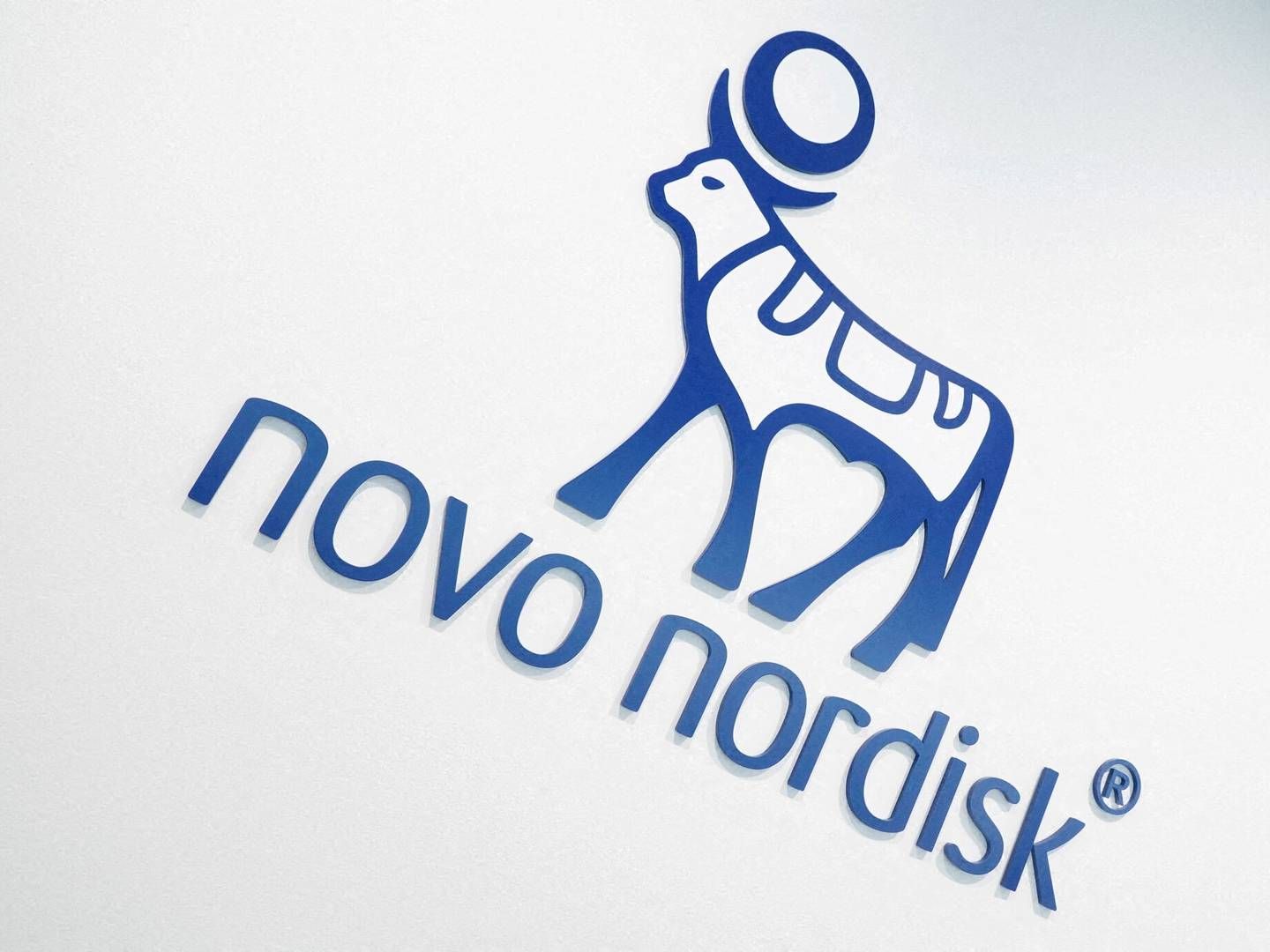Open Source Democracy
The DIY spirit of bloggers who exchange news and views without centralised control shows the potential for a new kind of democracy based on more direct discussion of political issues. Rushkoff points to interest in the ‘Baghdad blogger’ during the Iraq war as evidence of a desire for alternative news sources.But Rushkoff is convinced that the impact of interactive media is not confined to cyberspace – as the meetings of Howard Dean supporters in towns across America has shown.
The key message: interactivity in our life
The key message in Rushkoff’s essay is that interactivity online creates the expectation of interactivity in other parts of people’s lives.‘For politicians to lead more effectively, they may have to put a new emphasis on education with the internet used to engage constituents and justify the decisions they make,’ says Rushkoff. ‘They must accept that their constituents are capable of understanding how legislative bodies actually work. This will relieve politicians of the responsibility for spinning decisions.
The powerful metaphor: Open Source Democracy
Rushkoff points to the open source software movement as evidence of people using the internet to work together in decentralised, self-organising groups. Open source software developers make their code available for anyone to adopt or improve – unlike ‘closed’ systems such as Microsoft products. Rushkoff argues that open source software provides a powerful metaphor for a new kind of political system which helps people have a better understanding of political process and more direct involvement in the decision-making.
Writing or following the law
This marks a profound shift in our relationship to law and governance,’ says Rushkoff. ‘We move from simply following the law, to understanding the law and even feeling capable of writing the law.’In his foreword, Douglas Alexander is optimistic about the imaginative use of the internet by Howard Dean supporters.‘The capacity of the web to reach out to supporters across America and bring them together in regular meetings and campaign activities on-line has spilled over into their everyday lives with more than 300,000 registered supporters meeting regularly in real time. In an age of falling turnout in elections across the globe, it is indeed powerful to see in action the capacity of the internet to bring people who live thousands of miles apart together in a virtual “gathered community.”
Download full text of the book Open Source Democracy as a PDF (275KB).





























